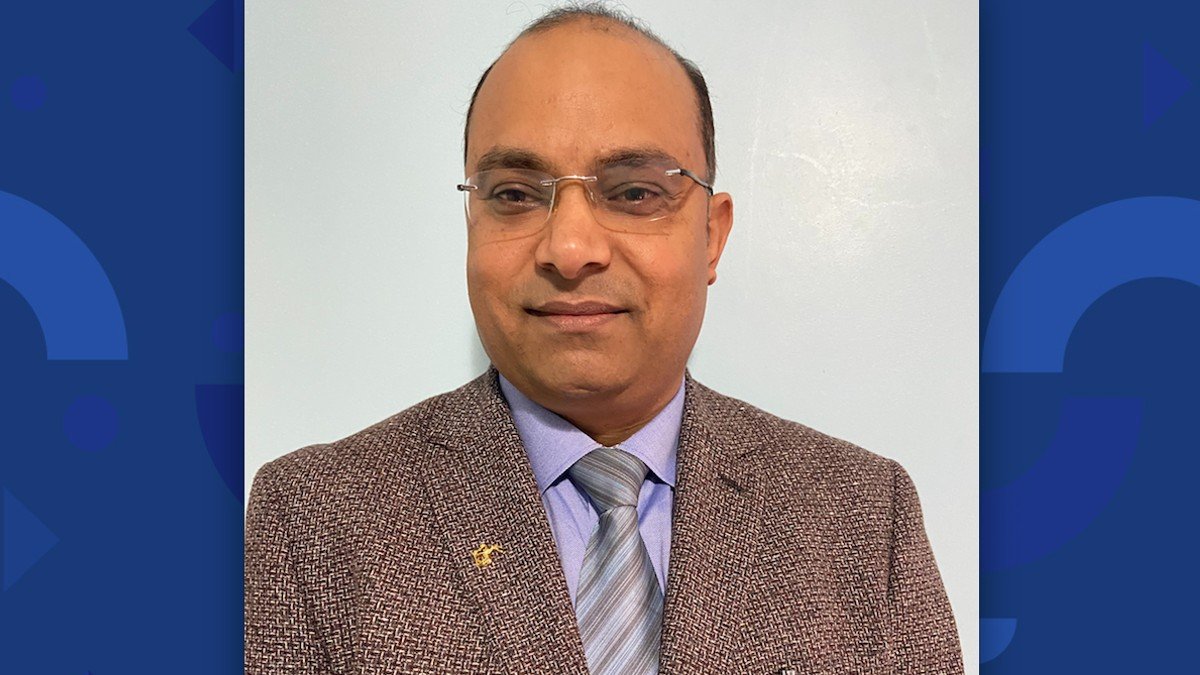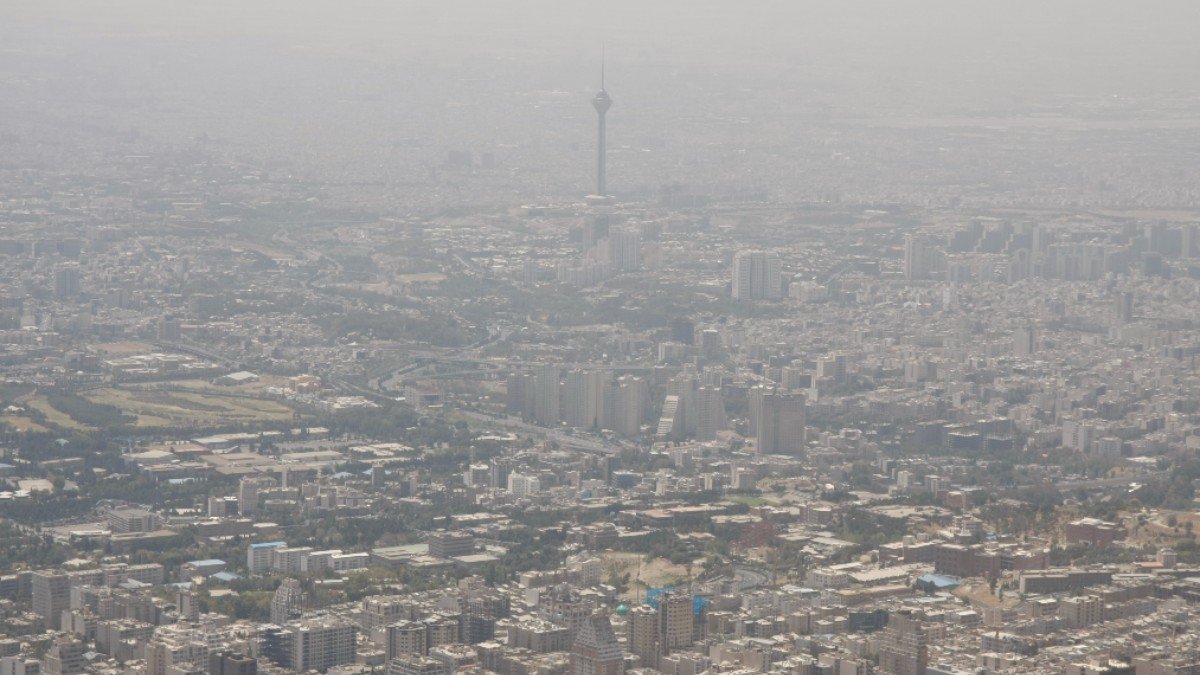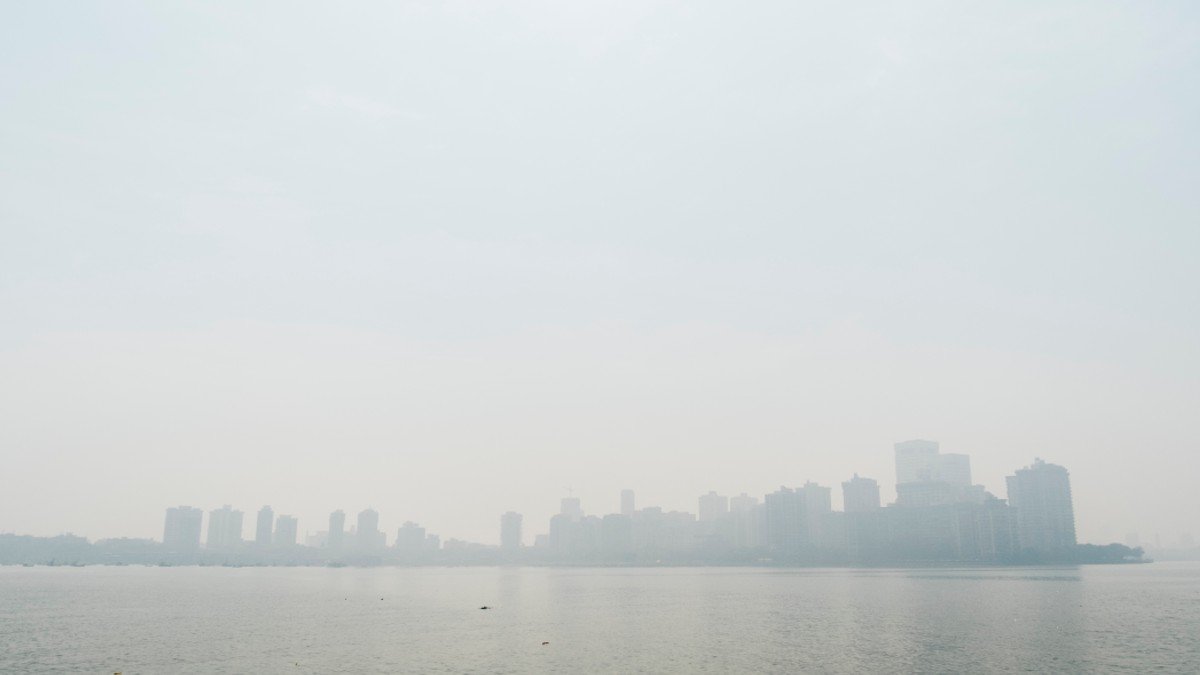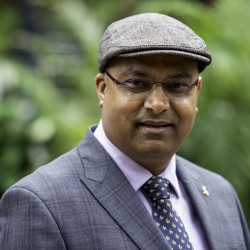Surrey research fighting air pollution increases its reach by 281 million people
A brochure tackling air pollution in and around schools, which was developed in the University’s Global Centre for Clean Air Research (GCARE), has extended its global audience with new versions published in Italy, India and Iran.

Surrey's Professor Prashant Kumar
Professor Prashant Kumar and his colleagues in GCARE first published the guidance booklet, Mitigating Exposure to Traffic Pollution in and around Schools, in English in June 2020. Since then, it's been translated by partner institutions in China, Brazil, Colombia, the Middle East and the Mediterranean plus African nations such as Tanzania, Nigeria and Ethiopia.
New audiences in Italy, Iran and India will now be added to the list of those benefiting from its 10 easy-to-action recommendations.
Italy

“Air pollution is an invisible enemy," says Professor Giorgio Buonanno at the University of Cassino and Southern Lazio
The Italian version of the booklet, which opens it up to a potential audience of 67 million people, came about thanks to collaboration between GCARE and Professor Giorgio Buonanno at the University of Cassino and Southern Lazio.
“Air pollution is an invisible enemy, but we know it’s a leading cause of premature death all over the world,” says Giorgio, who is a professor of Applied Thermodynamics. “Informing young people in a simple way means helping to protect a highly susceptible group in our society. It also helps train a new generation of adults who are aware of the risks.”
Iran

“Scientists have to take a more efficient, rapid and direct path to share their findings," says Dr Mehdi Amouei Torkmahalleh, whose work will fight air pollution in Tehran
Dr Mehdi Amouei Torkmahalleh has ensured the GCARE pamphlet has been translated into Farsi. With an estimated 61 million native speakers in Iran and Afghanistan, plus other Persian-speaking nations such as Tajikistan, this massively increases its potential reach.
“I met Professor Kumar in Italy during the Fifth Workplace and Indoor Aerosol Conference in 2018,” explains Mehdi, who’s an Assistant Professor in the Chemical and Materials Engineering Department at Nazarbayev University. “Since then, we’ve collaborated on papers on global air quality during the pandemic and on commuter exposure in Kazakhstan.
“He recently brought to my attention the work that addresses the exposure to traffic emissions in and around schools. I found it a helpful guideline for the community, parents and kids, and decided to convert it to the Persian language.
“There’s a huge gap between scientists and the public, which needs to be covered to implement research findings in our daily lives. Traditionally, research findings are implemented through policy-makers when they are translated into a policy or law. However, this approach typically comes into effect with too much delay.
“I believe scientists have to take a more efficient, rapid, and direct path to share their findings and recommendations with public people. The work done by Professor Kumar is such a nice example that shows how research outcomes can be shared with the wider community and relevant organisations.”
India

“It will have a large impact," says Research Fellow Anju Goel, whose work will benefit Marathi speakers in Mumbai
In India, the brochure has already been translated into Tamil, Bangla, Hindi and Malayalam. Now those who speak Telugu and Marathi, whose native speakers number 153 million, can also access it.
“I got involved in this task through Prashant,” says Dr Sumanth Chinthala from the National Institute of Technology Warangal, who coordinated the translation into Telugu. “Our children spend a lot of time in schools. It’s important to ensure that they stay in a healthy environment.
“Across the world, we come across people from different cultures and socioeconomic backgrounds. Most of them are unaware of issues like indoor air quality.
“For many such communities, the release of a booklet informing guidelines in many different languages can highlight the seriousness of the issue. This booklet can reach the students of rural urban and semi-urban schools. By reaching those from different strata of society, this booklet will have significant impact.”
Anju Goel, a Research Fellow at The Energy and Resources Institute who oversaw the brochure’s translation into Marathi, agrees.
She explains: “I work in a leading think tank in India. When I learned about the booklet, I thought it could be a good opportunity to launch it in Marathi.
“Some 78% of Indian cities violate the national ambient air quality standard for particulate matter. In this scenario, it’s important to not only control the sources of air quality, but to also sensitise citizens about the mitigation measures that one can take.
“We’re planning to launch the book among schoolchildren in Nashik and Pune, where I’m conducting research projects, in collaboration with regulatory bodies. The ebook will be freely available for all students and teachers.
“It will have a large impact. It’s already being requested by many students and teachers during various awareness generation sessions conducted by my team.”
Find out more about GCARE and studying at Surrey’s Department of Civil and Environmental Engineering.
